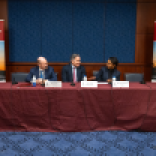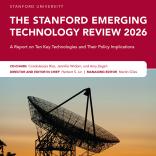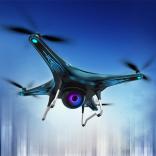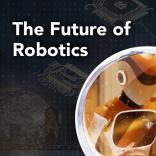Amy Zegart is the Morris Arnold and Nona Jean Cox Senior Fellow at the Hoover Institution and Professor of Political Science (by courtesy) at Stanford University. She is also a Senior Fellow at Stanford's Human-Centered Artificial Intelligence Institute and the Freeman Spogli Institute for International Studies. The author of five books, she specializes in U.S. intelligence, emerging technologies and national security, grand strategy, and global political risk management.
Zegart's award-winning research includes the leading academic study of intelligence failures before 9/11: Spying Blind: The CIA, the FBI, and the Origins of 9/11 (Princeton, 2007). Her most recent book is the bestseller Spies, Lies, and Algorithms: The History and Future of American Intelligence (Princeton, 2022), which was nominated by Princeton University Press for the Pulitzer Prize. She also coauthored Political Risk: How Businesses and Organizations Can Anticipate Global Insecurity, with Condoleezza Rice (Twelve, 2018) and coedited Bytes, Bombs, and Spies: The Strategic Dimensions of Offensive Cyber Operations with Herbert Lin (Brookings, 2019). Her op-eds and essays have appeared in Foreign Affairs, Politico, the New York Times, the Washington Post, and the Wall Street Journal.
Zegart has advised senior officials about intelligence and foreign policy for more than two decades. She served on the National Security Council staff and as a presidential campaign foreign policy advisor and has testified before the House and Senate Intelligence Committees.
In addition to conducting research and teaching, she led Stanford’s Center for International Security and Cooperation, founded the Stanford Cyber Policy Program, and served as chief academic officer of the Hoover Institution. Before coming to Stanford, she was professor of public policy at UCLA and a McKinsey & Company consultant.
A native of Louisville, Kentucky, Zegart received an AB in East Asian studies, magna cum laude, from Harvard and an MA and a PhD in political science from Stanford. She serves on the boards of the Council on Foreign Relations, Kratos Defense & Security Solutions, and the American Funds/Capital Group.












